Can Dogs Really Hold a Grudge?

We’ve all been there: your dog gives you that look after you scold them or skip their walk. But can they actually be mad at you? Dogs are emotional creatures, and while they don’t feel anger like humans do, they can certainly feel upset, stressed, or confused by certain behaviors. Let’s explore the science behind canine emotions and if your dog can hold a grudge.
Can Dogs Feel Anger?

Dogs don’t experience anger in the human sense, but they can feel discomfort, frustration, and stress, which may come across as “anger.” Behavioral experts suggest that dogs rely more on instinct and emotion rather than complex feelings like revenge or spite.
What Does It Mean When Your Dog Ignores You?

If your dog suddenly ignores you, it’s more likely a reaction to stress or confusion rather than anger. Dogs may sulk or distance themselves when they’re upset, but this doesn’t mean they’re mad—it’s their way of coping.
Signs Your Dog Is Upset
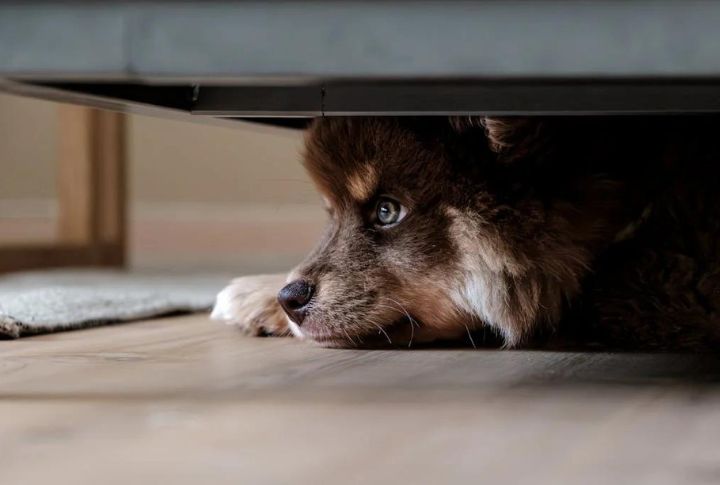
Some signs that your dog may be feeling upset or stressed include tail tucking, avoiding eye contact, hiding, or showing disinterest in activities they usually enjoy. These are often more about fear or anxiety than actual anger.
Do Dogs Hold Grudges?

Research shows that dogs live in the present moment and are unlikely to hold grudges in the way humans do. However, they remember negative experiences and may avoid situations that made them feel uncomfortable in the past.
The Power of Positive Reinforcement

If your dog seems upset with you, it’s important to show them affection and offer positive reinforcement. This will help them feel safe and reassured, smoothing over any tension caused by negative experiences.
Can You Apologize to Your Dog?
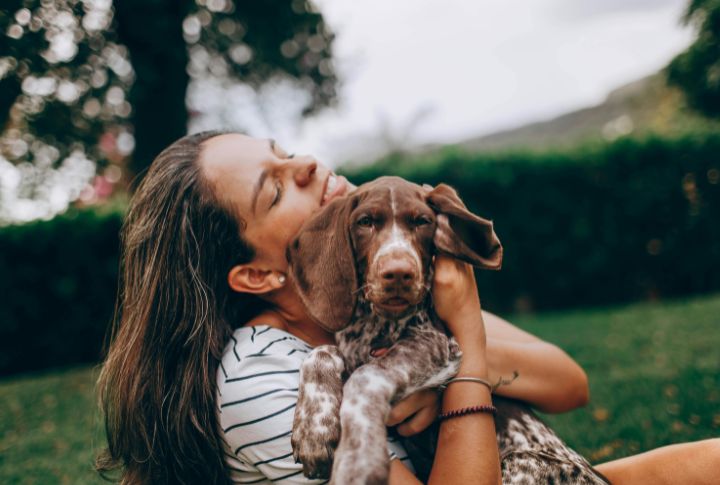
They may not understand the concept of an apology, but dogs know how to respond well to body language and tone. Gentle words, petting, and treats can help rebuild trust if your dog seems distant after a scolding.
When Does a Dog’s Behavior Signal Something Deeper?

If your dog’s “mad” behavior persists, it might signal an underlying issue like health problems, anxiety, or fear. A vet should check behavioral changes lasting more than a few days to rule out medical conditions.
The Influence of Routine on Doggy Emotions

Canines thrive on routine. When their schedules change—like missing a walk or delaying mealtime—it can cause frustration. While it may seem like they’re mad, they’re more likely confused by the disruption.
Dogs and Emotional Bonding
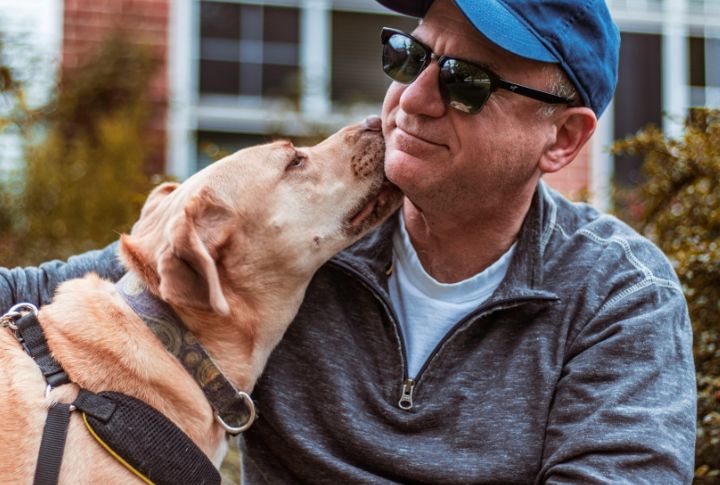
Your dog’s emotional connection with you is strong; they crave reassurance when things go wrong. Focusing on reinforcing this bond through play and cuddles can help ease any tension when they seem “angry.”
Understanding Stress Triggers in Dogs
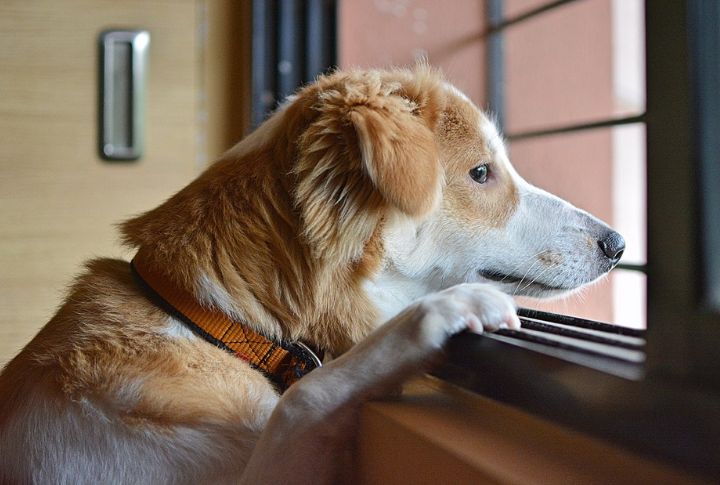
Stress can be a big factor in why your dog might seem upset. Loud noises, new environments, or even sensing your stress can lead to emotional reactions. Recognize these triggers to help reduce anxiety for both of you.
Behavioral Conditioning and Frustration

Always remember that dogs respond to the behaviors you reinforce. When they’re frustrated, it might be a signal that their physical or emotional needs aren’t being met. More playtime, exercise, or attention can resolve these feelings.
Dogs and the Human Madness Factor

With the ability to pick up on their owner’s mood, dogs are incredibly intuitive. If you’re angry or stressed, your dog may mirror your emotions, feeling stressed or anxious in response to your behavior, which might come across as “anger.”
Is Your Dog Punishing You?

Dogs don’t punish owners deliberately, but they can act out due to frustration. In cases where they destroy furniture or make a mess, it’s usually from anxiety, boredom, or lack of attention rather than revenge.
Why Is Your Dog Hiding?
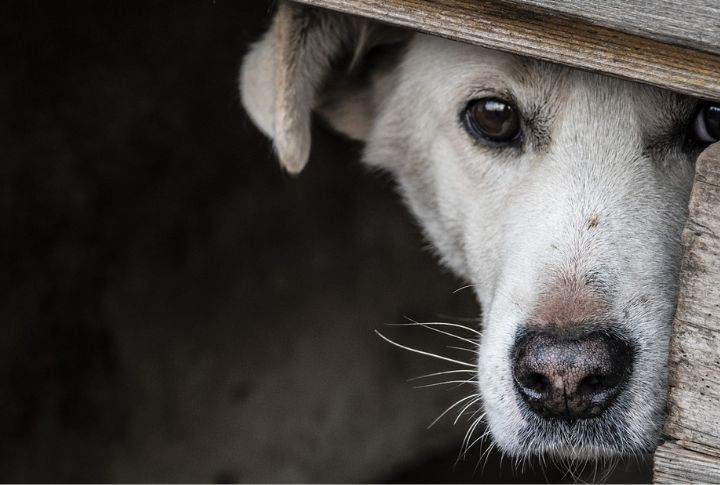
While it may seem like your dog is upset or “mad” at you, hiding is often a sign of emotional or physical stress rather than anger. Dogs are known to retreat and hide when they’re feeling overwhelmed, anxious, or unwell.
Reaffirming Love and Affection
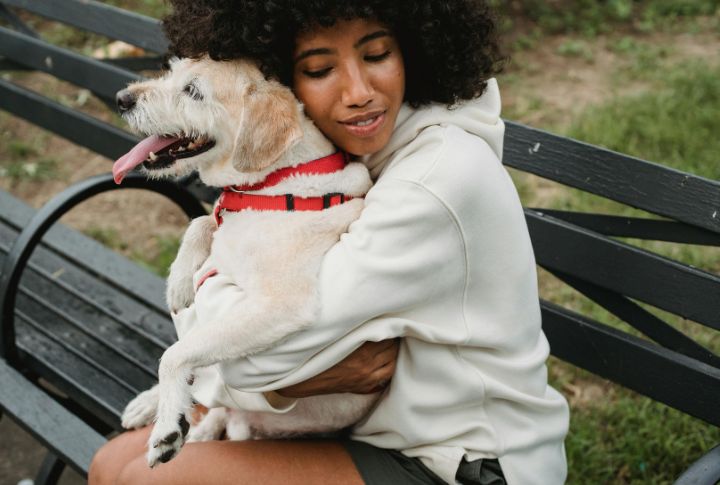
In short, your dog isn’t capable of feeling “anger” like us, but it can certainly exhibit behaviors that seem like it’s upset. A little patience and understanding will go a long way in helping your dog feel happy again. After all, your bond is built on trust and affection, not grudges!




